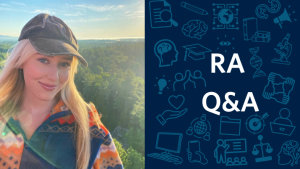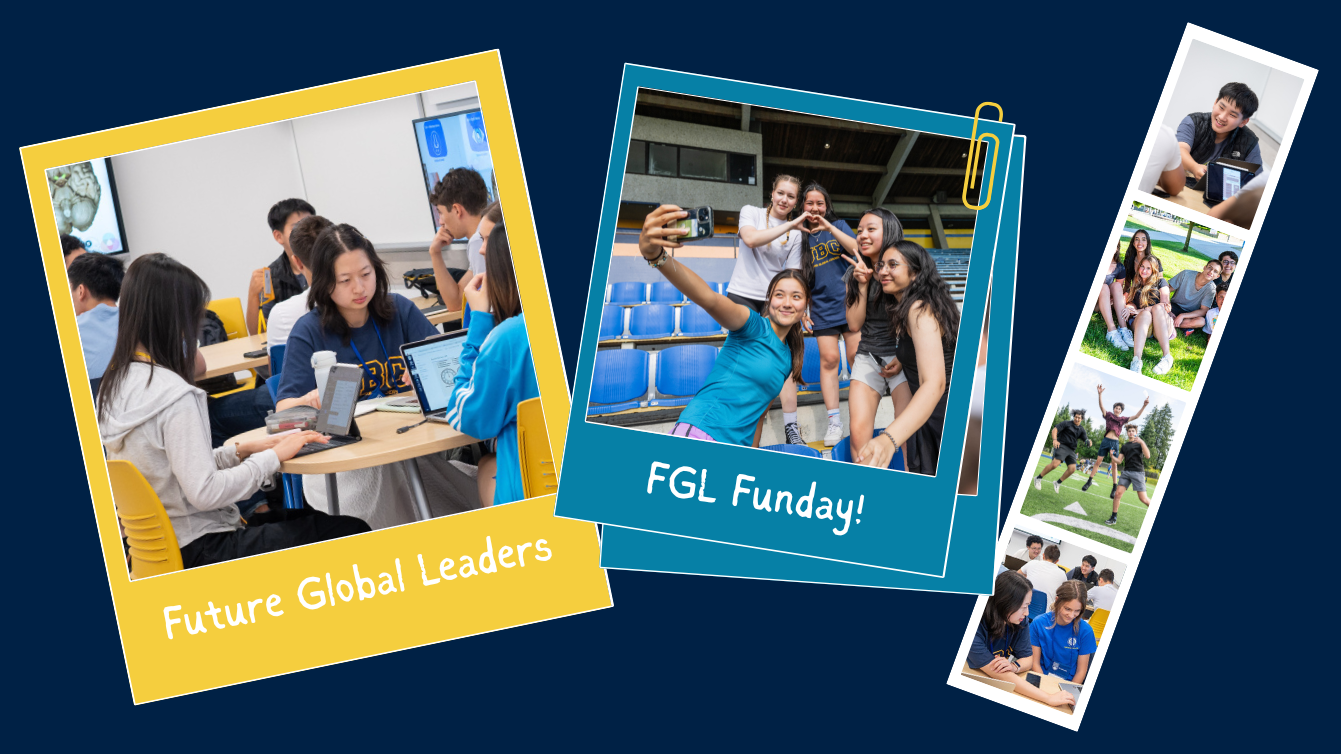

Have you ever felt inspired to ask new questions, and explore new frontiers in research? Kailey Baxstrome shares her experience exploring novel ideas in a lab setting as a research assistant.
By Madeline Renner
Kailey Baxstrome, a fourth-year BSc student in Cognitive Systems (Cognition & Brain specialization), was compelled to share a unique idea for a research study with a guest lecturer in one of her classes. During this exchange, Kailey was encouraged to apply to work as a research assistant at The Cognitive Neuroscience of Thought Laboratory, led by Dr. Kalina Christoff, specifically within their new Cannabis and Consciousness project.
In her role as a research assistant, Kailey assists the primary researcher throughout various aspects of the research process. This includes tasks like data collection, conducting comprehensive literature reviews to gain a deeper understanding of past research, and contributing to the writing of their paper.
Outside of the lab or classroom, Kailey enjoys hiking, riding her motorcycle, and the EDM scene. She also values practicing various mindfulness techniques, such as meditation, yoga, and breathwork, as well as cultivating her spirituality and groundedness in the present moment. Kailey also proudly serves as the president of the UBC Psychedelic Society, where she works with a dedicated group of individuals to promote education and destigmatization of psychedelic substances and their invaluable role in transforming mental health and facilitating self-growth.
What motivated you to apply to work as an RA at the Cognitive Neuroscience of Thought Lab in particular?
I have been drawn to research for some time, fuelled by the emphasis on research in the COGS program. However, my desire to get involved grew when I learned about the Cannabis and Consciousness project, which I am fortunate to be working on now. This project investigates how cannabis impacts thought dynamics, mental content, and time perception. What excites me the most about this project is that there is still so much to learn about how cannabis affects consciousness, even though it has been used for centuries and cannabinoid receptors are present in nearly every organ in the body! The opportunity to be part of a team exploring relatively uncharted territory is incredibly motivating for me.
What intrigues you about research at this lab in particular?
As an individual who is deeply intrigued by the human capacity to alter consciousness and gain new perspectives, the cognitive processes investigated at this lab perfectly align with my interests. The Cognitive Neuroscience of Thought Laboratory delves into understanding processes such as introspection, mind-wandering, creativity, dreaming, and meditation. I find it remarkable how neuroimaging techniques allow us to gain tangible insights into what was previously considered intangible and elusive processes.
Do you have advice for other students who want to get involved in research?
I strongly encourage students to take chances and put themselves out there. This proved valuable for me when I shared a novel idea for an fMRI study with a guest lecturer in one of my courses. The lecturer happened to be a member of my current lab, and upon hearing about my interests, they informed me about the Cannabis and Consciousness project, encouraging me to apply. It just so happened that the thought dynamics being investigated in the lab were very similar to my research interests. My experience has shown me that graduate students and professors are sincerely interested in helping undergraduate students cultivate their research passions, so when in doubt, reach out!
What is your favourite part of working as an RA?
I enjoy contributing to our understanding of how the mind works and participating in cutting-edge research on an under-examined topic. Additionally, I have been fortunate to be surrounded by numerous passionate and intellectually curious individuals who constantly share their knowledge and ideas during lab meetings. My fellow lab members inspire and motivate me to continue my pursuit of knowledge.
How do you see this field of research changing in the next few months or years?
In cognitive neuroscience, I anticipate that imaging techniques will continue to evolve and advance, particularly with the advent of generative artificial intelligence. I believe that the integration of these two fields will enable us to gain even greater insights into the inner workings of the brain, including the content of the mind.


